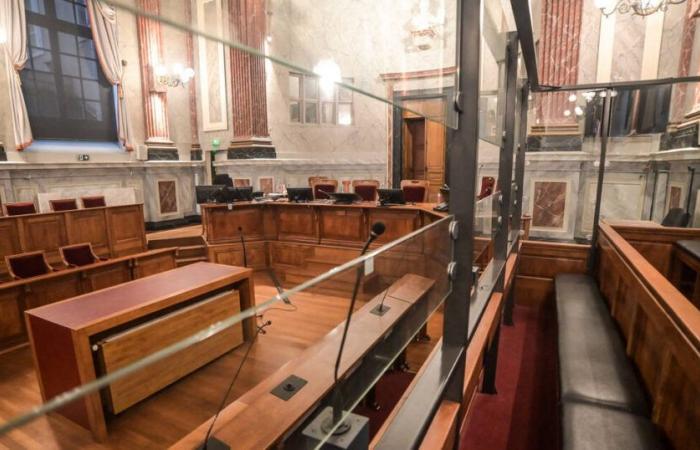
We have known this at least since Michel Foucault: criticism of prison is as old as prison itself. Would it be enough to transform it, or even to reform the police, so that the “penal humanism” finally emerges that the Enlightenment philosopher Cesare Beccaria (1738-1794), founder of modern criminal law and first slayer, called for? the death penalty? This would be to neglect the deep foundation of a system, which, Geoffroy de Lagasnerie believes, does not succeed, because crime is part of society, in protecting it. It is as an heir to Bourdieu (1930-2002) and not as a jurist that the philosopher, professor at the Ecole nationale supérieure d'arts de Paris-Cergy, attacks the idea of penalty, a “punishment” of State, in a dense and radical essay, Beyond the principle of repression. Ten lessons on penal abolitionism (“New Future”, Flammarion).
After Judge. The penal state versus sociology (Fayard, 2016)this figure of the radical left imagines a post-criminal world in which other mechanisms would exist to collect complaints, in which health insurance would cover injuries which would have replaced the notion of crime, and in which the deprivation of freedom would be limited and more humane. A world where violence and crime would not have ceased to exist, but where care




